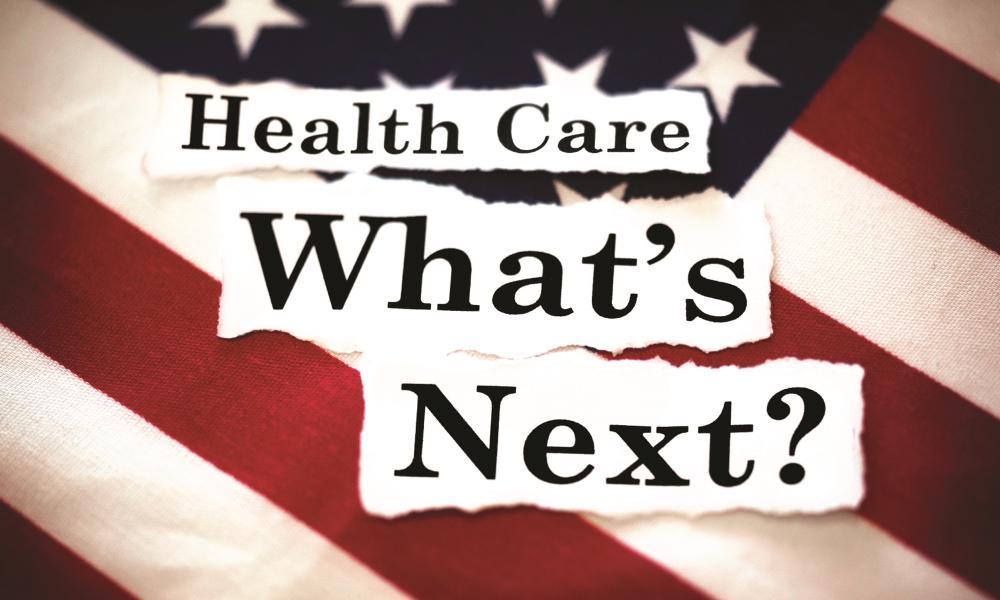
The Church and the Affordable Care Act
With regard to the mandate in the Affordable Care Act (ACA) that requires employers to provide insurance coverage for employees seeking contraceptives, abortion and sterilization medical services, several misconceptions abound concerning the position of the Catholic Church.
First, the Catholic Church is not seeking to deny its employees access to these services. The Church objects to the fact that it is required to directly or indirectly pay for and provide those services to employees working in Catholic social service agencies. Under the ACA mandate, the government decides what is and is not an expression of religion by the exemptions it allows or does not allow. Catholic parishes are exempt but the Church’s schools, hospitals, charities and publishing houses are not. The Church holds that the government should not be able to dictate what is and is not part of a denomination’s religious expression by punishing some Church institutions with fines and holding others exempt. Failure to observe the mandate’s requirement would result in heavy fines.
At issue is our understanding of the First Amendment, which protects the very reason religious people fled from so many European nations, especially England. The free exercise of religion is the first of our Bill of Rights. Congress, it declares, shall make no law respecting an establishment of religion, or prohibiting the free exercise thereof; or abridging the freedom of speech, or of the press; or the right of the people peaceably to assemble, and to petition the Government for a redress of grievances.
Second, this isn’t just about government control and the Catholic Church. Other churches have serious concerns about what is at stake. Our challenge isn’t simply about providing “free” access to contraceptives, as many opinion columnists shape the narrative. Sterilization and abortion are likewise involved and should be included in discussions about the Affordable Care Act.
The big question is this: Who decides what constitutes the exercise of a church’s religious tenets and beliefs, the U.S. government or the religious practices of a body of believers? Stated another way: Is the exercise of religion confined to what believers say and do in church on Sunday or can they exercise their faith in public apart from Sunday worship services? Are beliefs to be held only in private, or can they be actualized in public activities free from state regulation?
The Catholic Church’s challenge to the ACA mandate is not being made simply on its own behalf. Our Church’s challenge is on behalf of all Americans – those of faith and those who do not practice faith. The issue is one of constitutional law, not religious zealotry. One of the purposes of the U.S. Constitution was to protect religion from control of the state, to protect citizens from a state-established religious denomination. If the Supreme Court holds that governmental policy has value that trumps the free exercise of religion, a very dangerous precedent would be established – one that negates what the First Amendment was designed to protect.
There are many voices today proclaiming the state should be free from religion, a position far removed from our nation’s founders, who held to the position that religion is to be free from state-imposed regulation of its expressions. The Church believes the Affordable Care Act should not be involved with how churches express in public what they profess on Sundays. Free exercise of religion occurs outside of Sunday professions of faith made inside houses of worship.
Father Charles Irvin is the founding editor of FAITH Magazine and is retired



